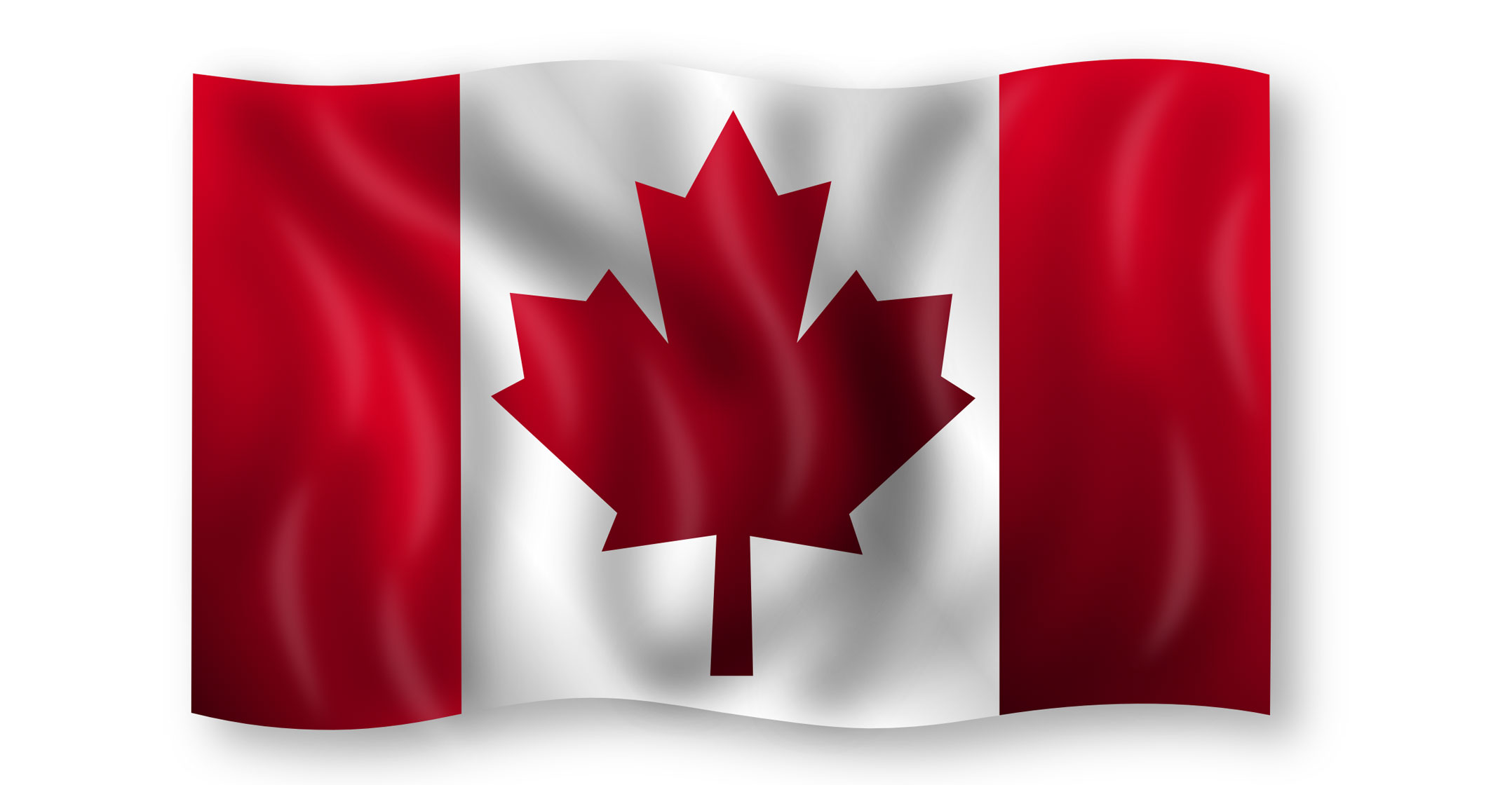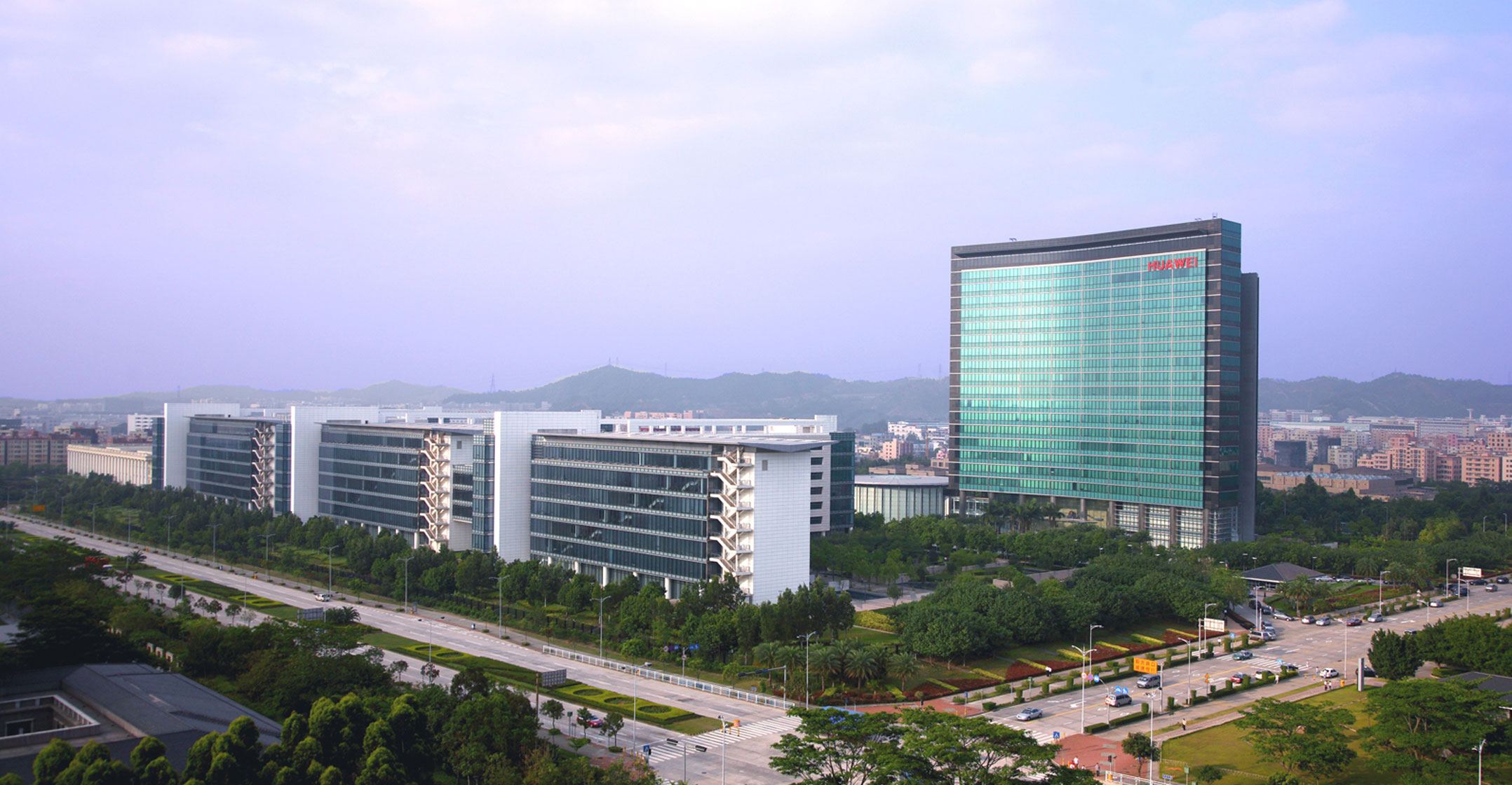 Canada will probably ban Huawei from its 5G networks, analysts and security experts say, though Prime Minister Justin Trudeau may delay the decision as long as possible to avoid jeopardising three Canadians detained in China.
Canada will probably ban Huawei from its 5G networks, analysts and security experts say, though Prime Minister Justin Trudeau may delay the decision as long as possible to avoid jeopardising three Canadians detained in China.
As Trudeau awaits a security review ahead the 5G roll-out, former envoys to China, ex-spy chiefs and telecommunications analysts are increasingly of the view that Canada will follow some of its allies in freezing out Huawei from the next-generation network.
“I think a ban is likely,” Richard Fadden, a former national security adviser to Trudeau, said in an interview. He thinks Huawei’s presence in 5G would pose a risk to national security, adding that some of Canada’s allies are shunning Huawei. “I think it’s important for Canada to remember it’s in, and of, the West.”
Canada would join countries including the US, Australia and New Zealand that have blocked or limited the use of Huawei equipment. Germany and other European governments have also been weighing whether to place restrictions over concerns that Chinese intelligence could use the networks to spy on other countries, fears the company has dismissed.
For Trudeau, it’s arguably the most fraught decision he has faced in his almost four years as prime minister. He must balance his ties with the US and China with the fate of three detained Canadians, while also facing pressure from intelligence partners and domestic telecoms companies. China’s envoy to Ottawa has warned of “repercussions” if Canada bans Huawei. If Trudeau allows Huawei, he’d look like he was bowing to Chinese pressure and would risk alienating close allies.
Security review
Canadian public safety minister Ralph Goodale said a security review over 5G is ongoing, and he declined to speculate on Tuesday on when a decision will be made.
“I want to see a decision as rapidly as possible but I also want to see the process done correctly,” he told reporters in Ottawa. “We want to examine all of that so that we understand not only the advantages of the technology, but also where the potential vulnerabilities and weaknesses are, where threats or risks may come from.”
Huawei warned that a ban would be a set back for Canada.
“To reverse this would set Canada’s wireless competitive advantage back years,” Huawei Canada said in a statement. “We are confident the Canadian government is committed to a thorough review and we have received no indication that a policy determination has been made.”
 Canada’s three major telecoms companies are watching closely. Telus and BCE’s Bell Canada are the most heavily invested with Huawei and would be impacted by a ban, analysts say. Rogers Communications uses Ericsson of Sweden and wouldn’t be affected, analysts say. Any ban would only apply to 5G networks, and not the existing 4G or previous systems, according to a National Bank Financial report.
Canada’s three major telecoms companies are watching closely. Telus and BCE’s Bell Canada are the most heavily invested with Huawei and would be impacted by a ban, analysts say. Rogers Communications uses Ericsson of Sweden and wouldn’t be affected, analysts say. Any ban would only apply to 5G networks, and not the existing 4G or previous systems, according to a National Bank Financial report.
The telecoms companies have kept a low profile since the arrest in Vancouver of Huawei chief financial officer Meng Wanzhou in December, though Telus defended its use of Huawei equipment in a note to employees. Telus and BCE didn’t return calls seeking comment. Banning Huawei would leave Canadian telecoms operators with essentially two main choices: Nokia and Ericsson. Rogers said it’s partnering with Ericsson, including for its 5G roll-out.
“We suspect that the most likely outcome is a 5G ban on Huawei,” Canadian Imperial Bank of Commerce analysts Robert Bek, Todd Coupland, Kulveer Grewal and Amy Dyck said in a blog published on Monday. That would be “most problematic for just Bell and Telus, but with spending requirements that would not likely stick to valuations”.
Former ambassadors to China also expect a ban. “Eventually, the Canadian government will have no choice but to prevent Huawei from working on 5G in Canada,” said Guy Saint-Jacques, the envoy from 2012 to 2016. The risks have grown too big, he said. But Trudeau may wait as China continues to detain Canadians Michael Kovrig and Michael Spavor, he said. A third Canadian also faces a death sentence.
Trudeau “has to wait as long as he can”, said Saint-Jacques, now a senior fellow at a pair of Canadian university institutes. “We are in for a period of turbulence.”
David Mulroney, Canada’s ambassador to China from 2009 to 2012, said the timing of any announcement is crucial. “While I don’t see how it is possible for Huawei to be a serious contender, the government will want to think carefully about how and when to make that announcement,” he said in an email.
Unknowns
There are many unknowns with telecoms technology that make it difficult, if not impossible, to guarantee impenetrability.
“There are vulnerabilities in all of them all the time, and they’re always being patched,” and 5G will be no different, said Christopher Parsons, a research associate at the Citizen Lab, in the University of Toronto’s Munk School of Global Affairs. A foreign intelligence service could conceivably access Canada’s network by either opening up a so-called back door, or by a telecoms company simply not reporting or fixing a vulnerability that pops up on its own, he said.
Fadden, also a former head of the Canadian Security Intelligence Service, said there’s no way to safeguard the system entirely — which, for him, rules out any kind of middle option that restricts but doesn’t ban Huawei. “Given enough time, they’ll break through,” he said.
Ward Elcock, another former CSIS chief, also thinks Canada will ban Huawei from 5G.
“I think they probably will,” he said in a phone interview on Tuesday. “I don’t think they’re going to rush to make the decision any time soon, and I wouldn’t do it either in the context of what’s going on.” — Reported by Josh Wingrove, with assistance from Greg Quinn and Natalie Obiko Pearson, (c) 2019 Bloomberg LP




